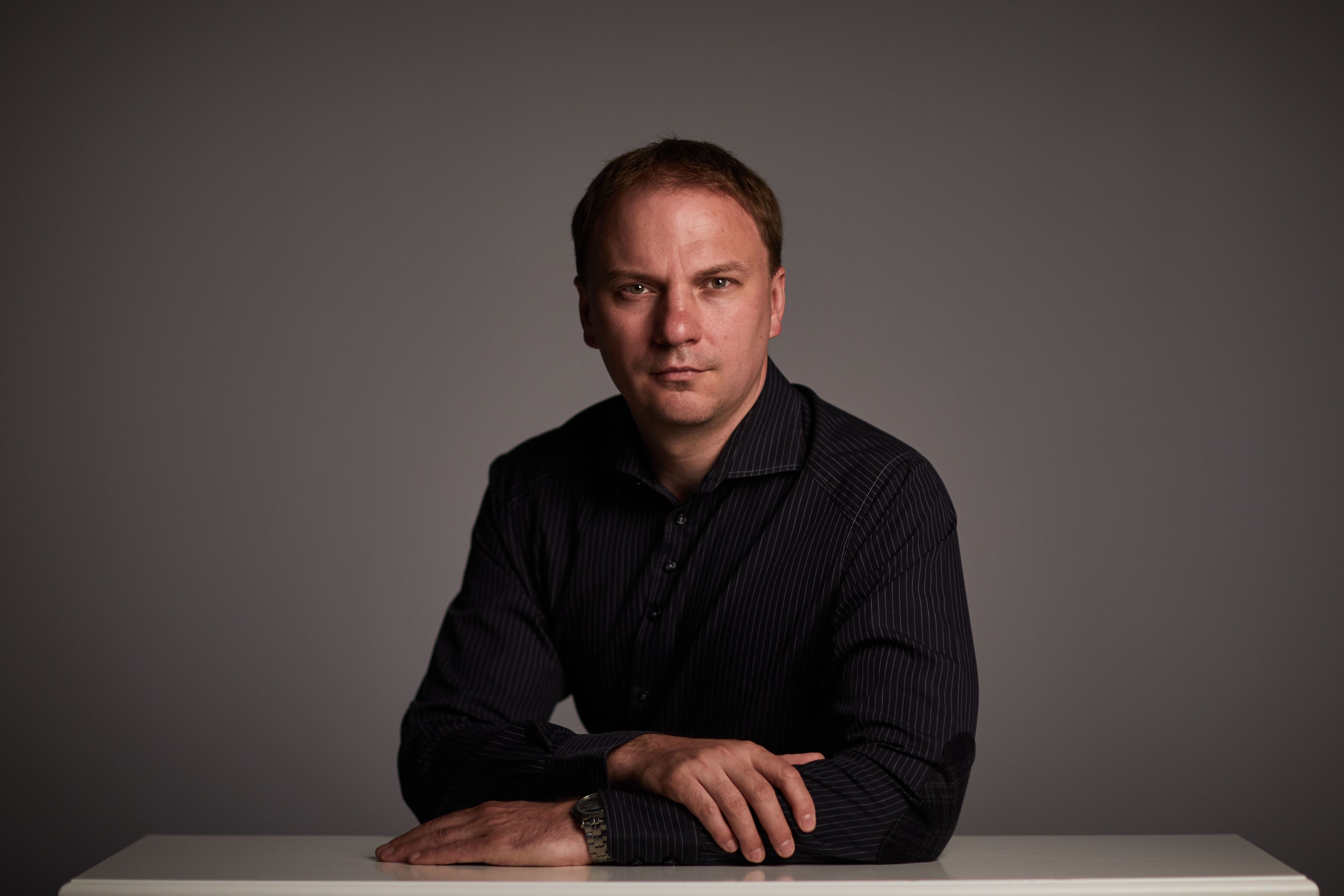Publications
Press Release: CELSI Founder and Director Martin Kahanec Elected to Prestigious Leadership Roles in Academia Europaea
Press Release: CELSI Founder and Director Martin Kahanec Elected to Prestigious Leadership Roles in Academia Europaea
Published on Jan. 13, 2025

Martin Kahanec has been elected to the Board of Trustees of Academia Europaea, assumed the position of Chair for the Class of Social and Related Sciences and has also been appointed Vice-President of Academia Europaea.
Martin Kahanec, Founder and Scientific Director of the Central European Labour Studies Institute (CELSI), has been elected to the Board of Trustees of Academia Europaea and assumed the position of Chair for the Class of Social and Related Sciences.
As Class Chair, Professor Kahanec has also been appointed Vice-President of Academia Europaea. In the role of the Class Chair he succeeded Professor Björn Wittrock, a renowned Swedish academic.
Kahanec was elected to these leading positions during the 36th Annual Meeting of Academia Europaea on November 26, 2024, in Wrocław, Poland. Both roles have five-year terms and commenced on January 1, 2025.
"Being elected to the leadership of Academia Europaea is both a great personal commitment and recognition of the long-term, systematic work of the research teams at institutions I am affiliated with – the Central European Labour Studies Institute (CELSI), the Faculty of Economics and Finance at the University of Economics in Bratislava, the Central European University in Vienna, and the Slovak Economic Association. I am convinced this will not only bring greater visibility to Central-Eastern European science but also strengthen its integration into the European academic space," commented Kahanec on his election.
Academia Europaea
Founded in 1988, Academia Europaea serves as a pan-European academy of sciences, currently encompassing over 5,500 members, including many of the world’s most distinguished scholars, leading academics in their disciplines, and 88 Nobel laureates.
The academy is organized into four Classes: Humanities, Social and Related Sciences, Natural Sciences, and Life Sciences. Its activities are overseen by a ten-member Board of Trustees.
Academia Europaea contributes to the European Commission's Science Advisory Mechanism (SAM) and Science Advice for Policy by European Academies (SAPEA), providing independent scientific evidence and policy recommendations to the European Commission, Parliament, and Council. The academy also represents the EU within the S20 framework, the science engagement platform of the G20.
Freedom and institutional resilience
Kahanec emphasized his vision to enhance Academia Europaea by fostering collaboration and engagement among its members and strengthening its role in addressing critical academic and societal challenges.This includes promoting interdisciplinary dialogues, actively engaging with emerging trends such as the evolution of 4th-generation universities and advancing Academia Europaea’s strategic positioning as a scientific authority in Europe and globally through initiatives like SAM/SAPEA and the S20 formats.
Professor Kahanec also highlighted his commitment to safeguarding academic freedom and institutional resilience, particularly in the context of democratic backsliding, while advocating for the independence and integrity of academic institutions worldwide.
Martin Kahanec
Martin Kahanec (PhD, Tilburg University, 2006) is a professor and former dean at the Central European University in Vienna, founder and Scientific Director of the Central European Labour Studies Institute (CELSI), and Director of the John Shattuck Center for Human Rights at CEU. Since 2015, he has also held a research position at the University of Economics in Bratislava.
Professor Martin Kahanec is a member of the Council of the Government of the Slovak Republic for Science, Technology and Innovation as well as a former member of the Scientific Board of the Ministry of Labor and Social Affairs of the Czech Republic. From 2022 to 2024, he served as a member of the Governing Board of Comenius University, and from 2016 to 2018, he was the President of the Slovak Economic Association. He is an editor of several international academic journals.
According to RePEc, an international repository of economic publications, Kahanec has been ranked as the most productive economist based in Slovakia, top 9% in Europe, and ranks among the top 100 economists globally in the field of the economics of human migration.
His research focuses on economic policy, labor and population economics, migration, EU mobility, ethnicity, and labor market reforms in Europe. Kahanec has published extensively in peer-reviewed journals and has edited and contributed to numerous journal special issues and scientific books with leading international academic publishers (e.g., Oxford University Press, Springer, Edward Elgar).
Martin Kahanec has held several advisory positions and leading roles in many scientific and policy advisory projects with the World Bank, the European Commission, European Parliament, European Court of Auditors, European Labour Authority, and other international and national institutions. His research has been featured by global media outlets such as the BBC, The Economist, The Guardian, and Handelsblatt.
Central European Labour Studies Institute (CELSI)
The Central European Labour Studies Institute (CELSI) is an independent, non-profit, and non-partisan research institute located in Bratislava, Slovakia. Established in 2008, CELSI specializes in multidisciplinary research concerning labour markets and institutions, work and organizations, and business and society in the following research areas: Data and Measurement, Caring Societies, New Forms of Work, Labour Mobility, Inequalities and Vulnerabilities, Welfare and Labour Policy, Social Dialogue and Collective Bargaining, and Green and Digital Transitions.
The vision of CELSI is to be an internationally recognized hub for cutting-edge research, the provision of robust evidence for policymaking, and talent development in the broad area of labour studies. In its applied research and policy analysis, CELSI places particular emphasis on Central and Eastern European countries.
Nurturing interdisciplinary inquiry, CELSI ranks as the second most productive institution in Slovakia in economic research output and, among economic think tanks, No. 55 globally and No. 3 in Central-Eastern Europe, according to RePEc.
Sources
About Academia Europaea:
https://www.ae-info.org/ae/Acad_Main/About_us/Governance
https://www.ae-info.org/ae/Acad_Main/Sections
https://www.ae-info.org/ae/Acad_Main/Annual_Business_Meetings
https://www.ae-info.org/ae/Acad_Main/List_of_Members
https://www.ae-info.org/ae/Acad_Main/About_us/What_are_we
About Martin Kahanec:
https://ideas.repec.org/top/top.mig.html#authors
https://ideas.repec.org/top/top.slovakia.html#authors
https://people.ceu.edu/martin_kahanec